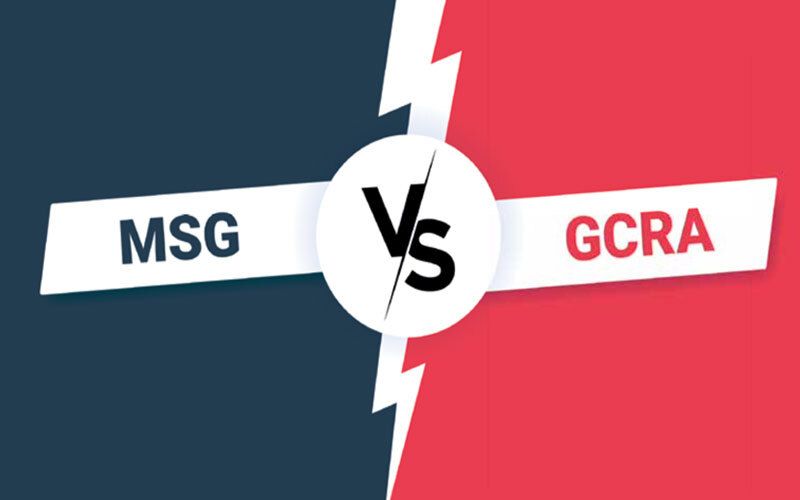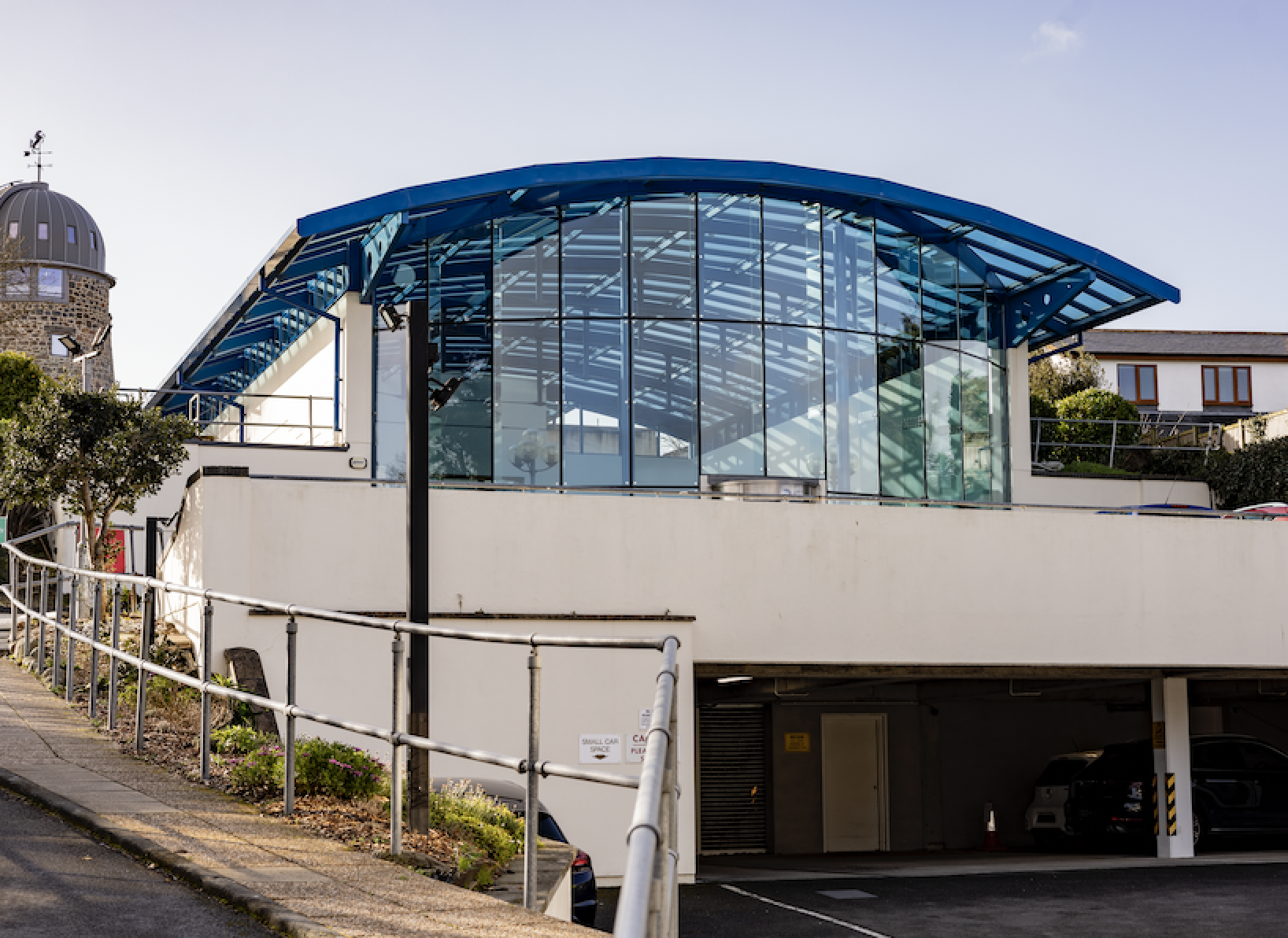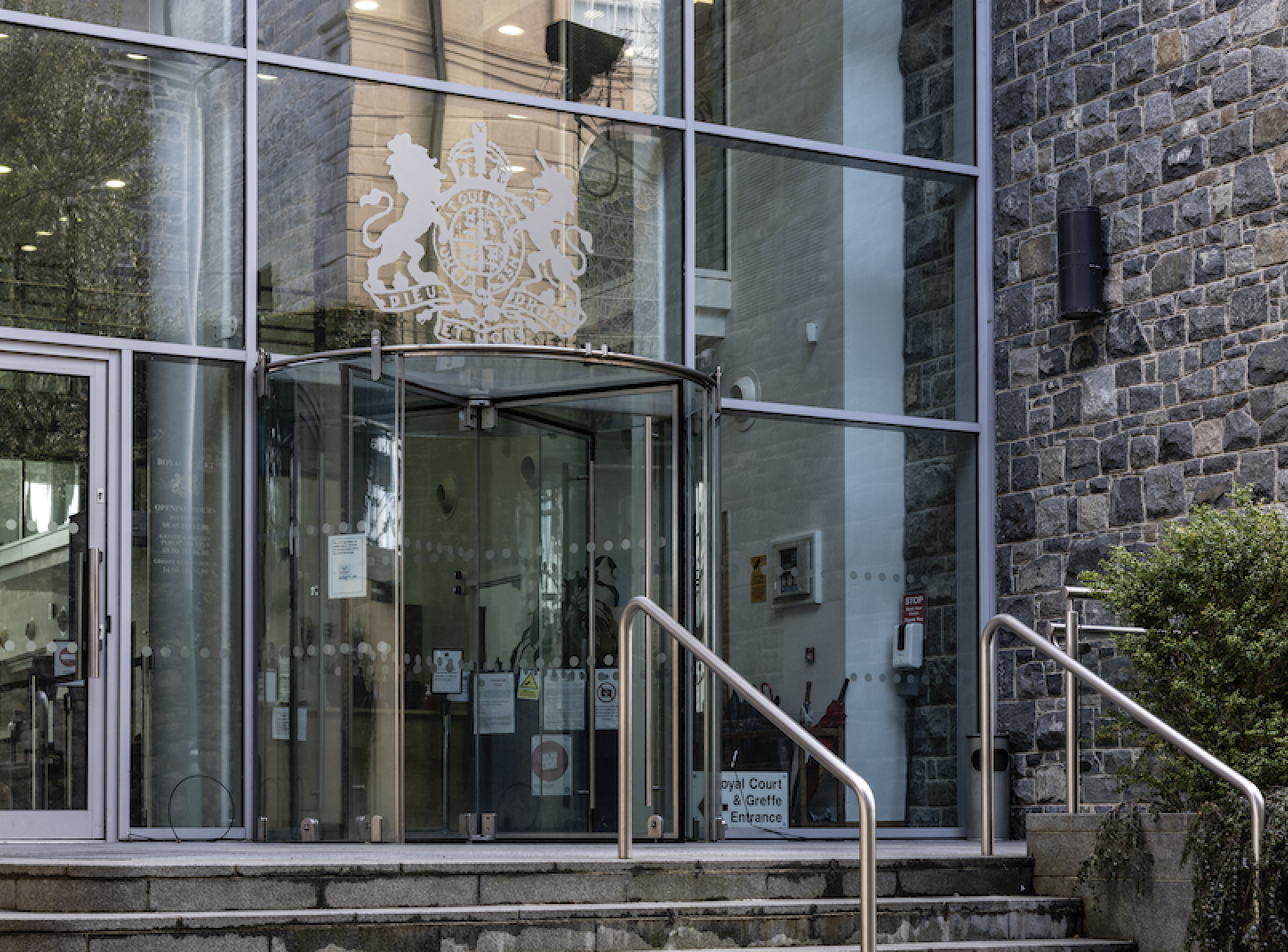


Three years after Express reported on the MSG allegedly breaking competition law, the ensuing lengthy and expensive legal battle between the Group and the Regulator seems to be winding down. Or so it seems. Despite a lengthy and seemingly final judgment being passed recently in the Royal Court, if the Regulator wants it, the story has the potential to continue dragging on.
The Medical Specialist Group and the Guernsey Competition and Regulatory Authority most recently met in the Royal Court to receive a judgment on two outstanding appeals by the MSG. It culminated in the MSG winning the appeals, one against a £1.5million fine levied against it by the Regulator and a second appeal against the decision that led to the fine. The MSG welcomed the win, while bemoaning the legal woes as “a very long and painful process”. It felt like the nail in the coffin, but the matter was also remitted back to the Regulator to allow the GCRA to potentially launch a fresh Statement of Objections.
As the story continues to unfold, Express takes a look back at how it began…
In the summer of 2020 the GCRA announced the findings of an investigation into the MSG after concerns were lodged by a former consultant. The Regulator had been alerted to the situation after the MSG had requested that the former employee retract their complaint. The GCRA said it had found that the MSG had “broken competition law” by imposing certain restrictions on its ex-consultants. Specifically it took issue with a restriction that prevented ex-employees from undertaking certain work in the island for up to five years after they’d left the MSG.
The Regulator’s role is to maintain a fair, competitive market in the Bailiwick. It does this by essentially acting as competition law enforcement, with legal powers that allow it to intervene in certain sectors of the economy. It can levy fines and give official warnings, ensuring the Guernsey consumer is protected against unfair breaches of competition law.

In the case of the MSG, the Regulator argued that its restrictive “covenants” - while understandable to a certain extent - went “beyond what was necessary”. It argued that the MSG’s non-compete clauses were unlawful and it ordered the Group to remove them, or face fines. This came at a time when the MSG was struggling with increasing waiting times for certain surgeries and healthcare across the island was tackling the pinnacle of the covid pandemic.
In response to the threat of a fine the Chair of the MSG at the time said he was “extremely disappointed”. The experienced Dr Gary Yarwood was the MSG Chair from 2017, having stepped into the role after being Guernsey’s Clinical Lead in the ICU. He only recently stepped down this year to allow Dr Steve Evans to step in as interim Chair.
Dr Yarwood said any fine would “seriously affect the many thousands of contract patients who rely on the health care we provide”. He defended the non-compete clauses, arguing that they were in place to protect the service they provide. Without the clauses, he said, a consultant could leave the MSG and immediately set up a private practice. Potentially, this consultant could take patients with them.
“This could then make it extremely difficult for us to recruit a new consultant to cover that specialty. Private work is a small percentage but an important part of the package for attracting new consultants. We need really high quality doctors to work in a consultant-only service and there is an extreme shortage of such doctors in the UK and globally.”
Despite the MSG’s concerns, the Regulator eventually fined the MSG a whopping £1.5million. The fine was calculated as being just over 10% of the Group’s annual turnover from private work; unsurprisingly the MSG wasn’t impressed and it announced its intention to fight the fine.
"We continue to believe that the GCRA's conclusions are flawed and deeply unattractive and likely to impact adversely on our ability to provide the best possible health care to the people of Guernsey," said Dr Yarwood at the time. "This extends to the basis on which the penalty has been calculated."
The GCRA doubled down and said the island’s competition law is clear. It argued that non-compete clauses like “those used by the MSG” stop other businesses competing with them and “they are only allowed if they are absolutely necessary”. Alternatively, non-compete clauses are acceptable if a business can demonstrate that there are “pro-competitive” effects of the clause. A fine of £1.4million was levied and topped up to £1.5million after “aggravating factors” were taken into account (the MSG asking the original consultant who laid the complaint to retract it).
The MSG wasted no time in appealing both the fine and the Regulator’s judgment and an appeal date was set for 30 March 2022. Both the Regulator and the MSG met in February of 2022 to devise a timeline for the ensuing proceedings, with the MSG being represented by Advocate Elaine Gray and the Regulator being represented by Advocate Mark Ferbrache. The ensuing legal debate boiled down to the MSG arguing that their non-compete clauses are justifiable and the Regulator arguing that they aren’t. A year of time, effort and legal fees later, The Bailiff, Richard McMahon submitted his judgment.

Judgment
Both the MSG and the GCRA submitted a wealth of material to defend their positions and the Bailiff's judgment is unsurprisingly a rather large document. It concludes with Mr McMahon allowing the appeals against both the Regulator’s finding and, by default, the fine it imposed.
He was satisfied that the MSG “has established that the GCRA has reached a Decision that is unreasonable and/or based on material errors as to the facts”. He said the ‘Direction’ of the GCRA in finding the non-compete clauses unlawful “goes further than is needed to address whatever level of contravention [of the law] could properly be found”. He finished the proceeding by ordering the GCRA to pay the MSG’s legal fees.
The judgment was welcomed by the MSG and its Chief Executive, Jon Buckland, who said the Group was delighted by the outcome. “For more than four years now we have had to expend considerable amounts of time, effort and resources, alongside considerable legal fees, to defend ourselves against the GCRA’s actions,” he said.
“We are delighted that the Royal Court has upheld our challenges and overturned the GCRA's findings against us and the substantial fine that the GCRA had sought to impose. This is a comprehensive, robust judgment which carefully sets out the errors in the GCRA's processes and reasoning. We now look forward to focusing on our primary purpose, which is to provide outstanding patient-centred services and improve the health of the community that we serve.”
While on the surface it may seem like the book has closed on the MSG v GCRA debacle, there could be more to come. During his Judgment, Mr McMahon said questions still remain regarding the length of the MSG’s non-compete clauses and the GCRA should be given space to investigate further if it wishes to. “I will also remit the matter to the GCRA for it to consider, if it still finds a contravention, whether there should also be the imposition of a financial penalty.” The GCRA could potentially launch a fresh Statement of Objections “if it is minded to do so”.
And it does appear that the Regulator hasn’t completely ruled it out, having been fairly concise and brusque with its response to the MSG’s successful appeal. In a final statement to Express, the Regulator said: “The Authority is considering the judgment and taking advice on the merits of its reasoning given there are important principles involved. Until this review is complete the Authority is not in a position to comment further at this time.”
Comments
Comments on this story express the views of the commentator only, not Bailiwick Publishing. We are unable to guarantee the accuracy of any of those comments.